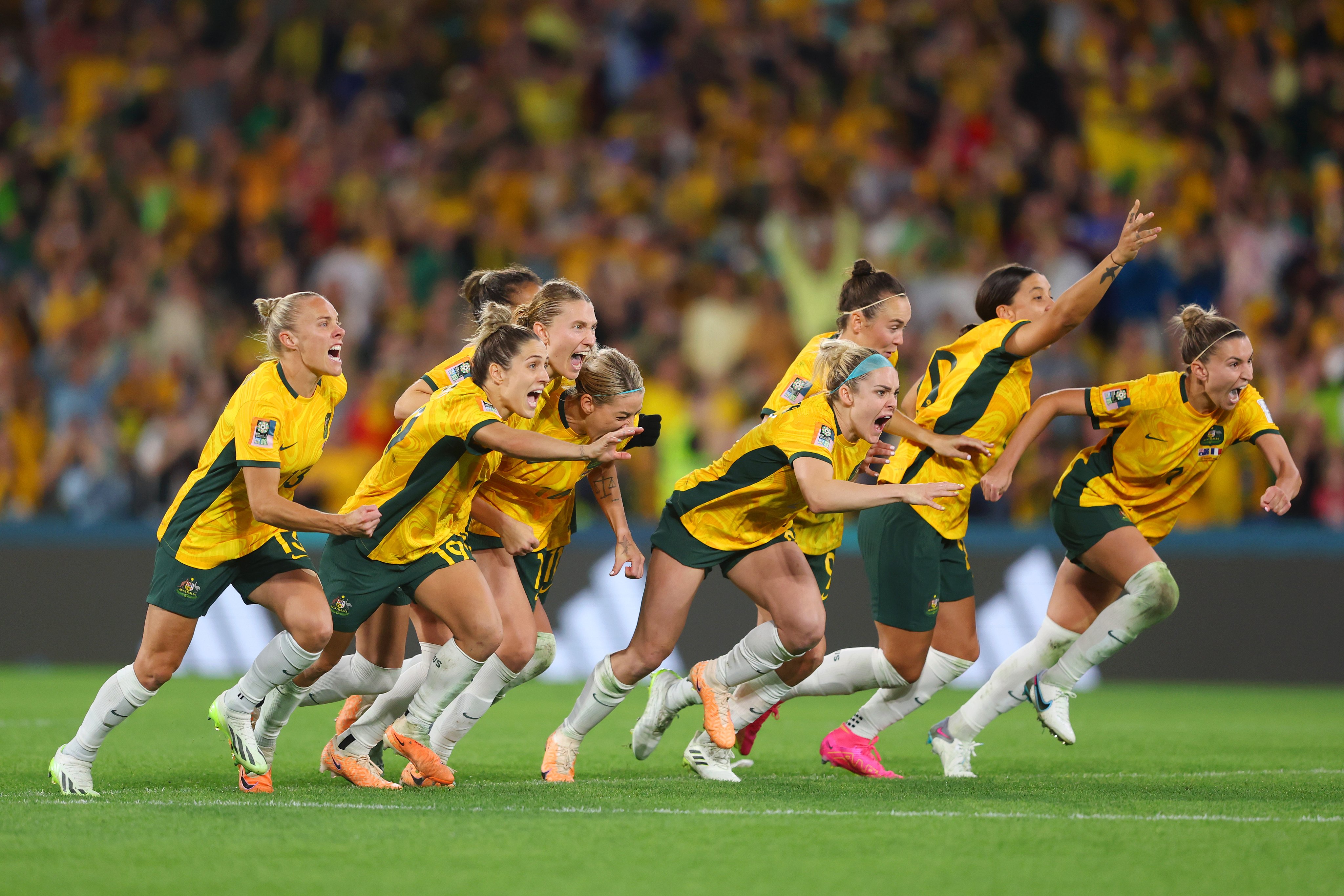Women’s Football in Australia Thrives

Over a year after the Women’s World Cup graced Australian and Kiwi shores, the event’s impact on women’s football in the region has become clear. The Matildas have now become household names, with stars like Mary Fowler even securing a Barbie replica. The influence of the World Cup is also evident in the Liberty A-League, where attendance numbers have more than doubled between the 2022-23 and 2023-24 seasons.
In late August, Australian football fans welcomed the Perth International Football Cup, which brought together teams from the Women’s Super League and France’s Division 1 Féminine. Manchester City, West Ham United, Leicester City, and Paris Saint-Germain (PSG) faced off at HBF Park, drawing enthusiastic local crowds. The tournament was more than just a showcase of international talent; it provided Matildas in attendance a moment to reflect on the seismic changes in women’s football post-World Cup and to discuss what further steps are needed to elevate the sport in Australia.
Mary Fowler, who featured in the tournament for Manchester City, shared her excitement about the changing landscape. “Coming back to Australia with the national team is always so fun, and seeing people get around us is really cool,” Fowler expressed during a Women in Football lunch in Perth. “So to have the opportunity to do that with Man City is really cool, and I feel fortunate to be able to have that.”
Fowler, who has been playing with Manchester City since 2022, also emphasized the importance of showcasing top-tier football in Australian stadiums. “I think all of us Aussies always go to Europe and play over there for the standards of football,” she said. “So it’s really nice to get the chance to showcase that on home soil.”
Katrina Gorry of West Ham United echoed Fowler’s sentiments. “It’s hard to put into words. I don’t think we ever thought we would have hosted a World Cup to start off with,” Gorry remarked. “Every time we come back here, people are still talking about the games.” Gorry expressed her disbelief at playing in Australia with West Ham, stating, “I never thought that our club would travel over here… So, to now be here and to finally get out on the pitch, I’m so excited.”
Other Matildas who participated in the tournament included Courtney Nevin of Leicester City and Alanna Kennedy of Manchester City. The event not only highlighted the growing popularity of women’s football in Australia but also provided an opportunity to discuss the future of the sport.
Former Matildas captain and current Melbourne City goalkeeper Melissa Barbieri shared her insights at the Women in Football lunch, reflecting on the evolving support for women’s football. “When I first started in the national team, I certainly wouldn’t have seen a backdrop with so many supporting partners on it,” Barbieri said. Having long advocated for increased investment in the sport, she noted, “This financial injection has the potential to affect massive change for the sport. The resources…will filter down, the people will respond, and then it will just get more bums on seats. And then the game will flourish because of it.”
Former Perth Glory player Natasha Rigby, who also spoke on the Women in Football panel, highlighted that growing the sport isn’t just about attracting new fans and players but also retaining them. “Ensuring that we’ve got women in role model positions, as coaches, as referees, in positions of governance, and that girls have equal opportunity to play” is crucial, Rigby explained. She emphasized the need for female-friendly facilities and positive experiences to keep girls engaged in football.
The shift in women’s football in Australia since the World Cup is undeniable. With more fans filling stadiums, international tournaments being hosted on home soil, and an increasing focus on investment and inclusivity, the sport is poised for continued growth. The Matildas, along with former players and advocates, are leading the charge to ensure that women’s football in Australia reaches new heights in the coming years.